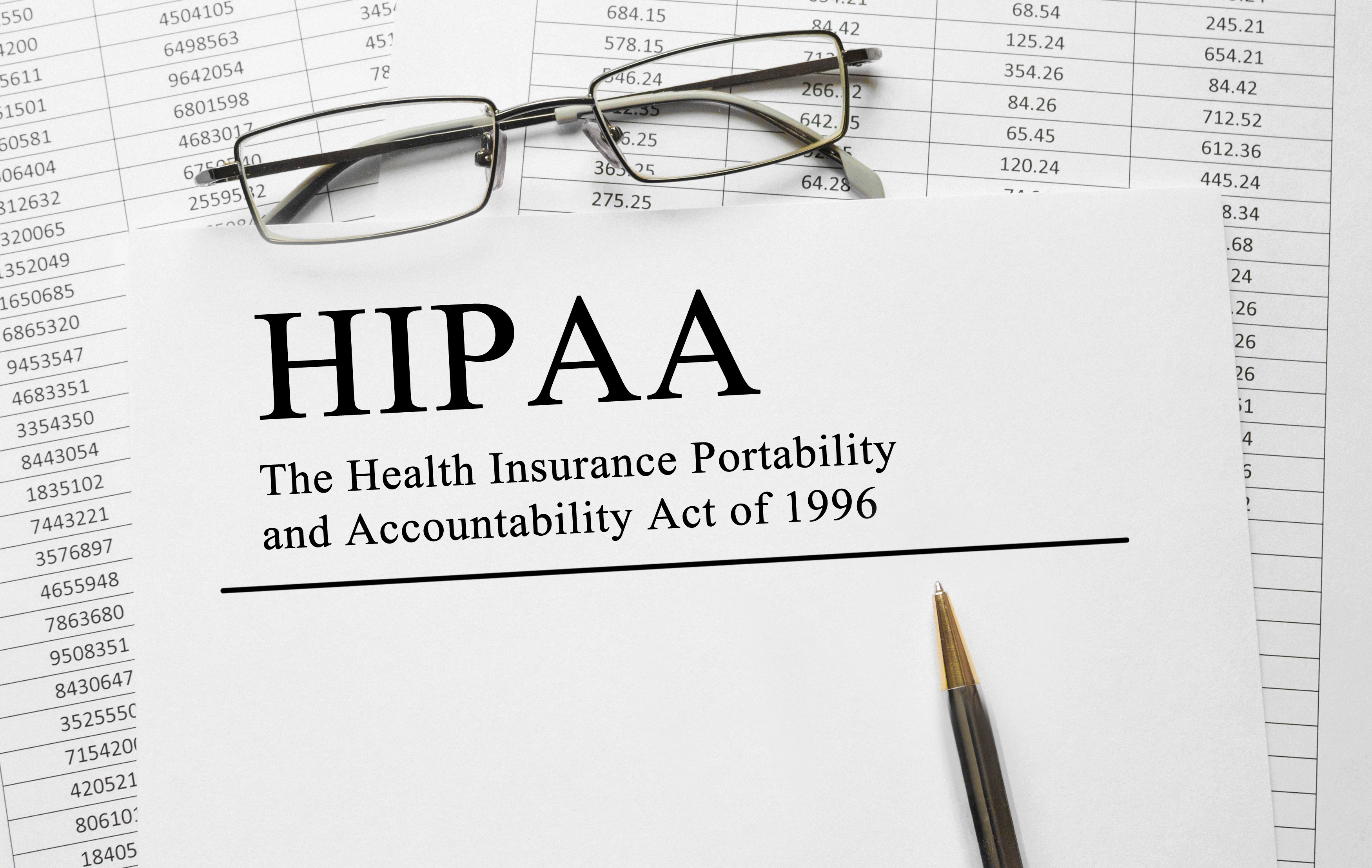And because paying such a substantial fee is the last thing you want, it’s best to implement business practices that ensure Health Insurance Portability and Accountability Act (HIPAA) compliance and avoid any criminal or civil penalties altogether.
If you’re curious about learning the best business practices that can ensure you remain HIPAA compliant, look no further. Here’s a guide on everything you need to know:
What’s HIPAA Compliance?
HIPAA was first enacted in 1996. But due to changes in technology, there have been several amendments to try and make it more relevant in today’s society. HIPAA compliance was put into effect to ensure that health professionals secure and safeguard the personal health information of every patient. This includes details that can be used to identify a patient, such as Social Security number, phone number, and patient name.
What Business Practices Should You Observe To Ensure HIPAA Compliance?
Several business practices help prevent violation of the HIPAA compliance measures, and these includes:
Hiring Dedicated Security Staff
Because HIPAA is a complicated federal statute, it makes perfect sense to have a team of employees devoted to ensuring you adhere to the compliance protocol. You can choose to hire one or more security staff and the roles they’re expected to perform are the following:
- Carry out risk assessments and helping in third-party audits, more so when it comes to third-party vendors and business associates.
- Create, manage and implement the Security Rule as well as any other relevant rule you’re expected to follow.
- Investigate for possible data breaches and resolve all the issues by putting into effect measures to prevent a similar mistake in the future.
- Deal with issues connected to disaster recovery, business continuity, incident response, and access controls.
- Offer appropriate training linked to patient information.
While hiring a dedicated security staff might not be feasible for all companies, it’s a reasonable thing to consider to ensure your full healthcare compliance. It’s best to ensure that the HIPAA security officer you hire boasts an excellent understanding of computer systems. Doing this is necessary because most of the policies are directly linked to how the IT department operates.
Plan For Growth
HIPAA compliance is fast changing because legislation and technology are continuously evolving. Because of this, your IT infrastructure needs to be strong enough to keep up with these future requirements and guarantee compliance with current requirements. Therefore, it’s best to start designing your infrastructure with HIPAA in mind. This way, you get to cut down the cost and time of making sure you’re compliant later in the future.
One way to plan for growth is by ensuring you have the appropriate infrastructure to cater to your future needs. There are various ways of achieving this, including hiring an IT professional to optimize your IT infrastructure. Doing this is essential because even with a bigger team with extra IT services and more gadgets, it’s possible to adhere to the HIPAA requirements. This also saves you money because disorganized device management is costly.
Establish Security And Privacy Policies
The HIPAA compliance regulations state that business associates and covered entities are expected to follow the appropriate measures to safeguard the integrity and privacy of medical records. Doing this is necessary because the HIPAA Privacy Rule outlines the national standard that companies should follow to safeguard all recognizable information, stored either electronically or in physical stores. This rule also applies to businesses that electronically do standard health transactions such as health care clearinghouses, providers, and health plans.
With this in mind, your business must adopt and implement a comprehensive security policy. This can be achieved by ensuring employees get necessary training on the HIPAA Privacy policies. The third-party vendors also need to get the necessary training as well. In addition, it’s best to regularly carry out quality assurance checks. A clear and cohesive HIPAA privacy policy creates a solid foundation for operation success and quality patient care. This is because it lowers mistakes, guides on daily activity, and clearly outlines the set expectations.
It’s advisable to constantly review the privacy and security policies to ensure all your staff is familiar with any changes. This way, they’ll always be well-versed with the past and current plans. In addition, doing this will help them know what to expect from any policy that arises in the future.
Implement Training Protocols
Another notable way of ensuring you achieve HIPAA compliance is by ensuring your employees are always well-versed with the basic knowledge. This is critical in ensuring they’re familiar with measures on how to set up policies, programs, and plans to safeguard the patient’s sensitive personal information. Besides your staff, you also need to make sure that the vendors are also familiar with all the HIPAA-related security procedures. The only way of achieving this is by making sure your staff continually undertake security-related refresher education.
Thanks to the refresher training, vendors and employees discover crucial details that can help avoid a possible breach, such as:
- The best way to deal with delicate patient information
- Threats to be on the lookout for and ways to detect threats
- The kind of passwords to use
- Steps to follow to prevent a possible breach
- Factors that make up a violation
- The needed documentation to limit the effect of the breach to prevent business impact as much as possible
While getting this training requires you to pay a substantial upfront fee, the money you’ll pay will still be much less compared to the hefty fines you need to pay if found guilty of a possible breach. This is because HIPAA violations usually result in negative reputational, financial, and legal consequences to your business.
Takeaway
Most organizations are still having a hard time being fully HIPAA compliant. The main reason for this is the lack of knowledge on the best business practices that need to be observed to guarantee full compliance. This guide has helped address this issue by detailing the best business practices you need to implement. Accordingly, you’ll greatly lower the chances of your client’s sensitive personal information falling into the wrong hands due to a data breach.






